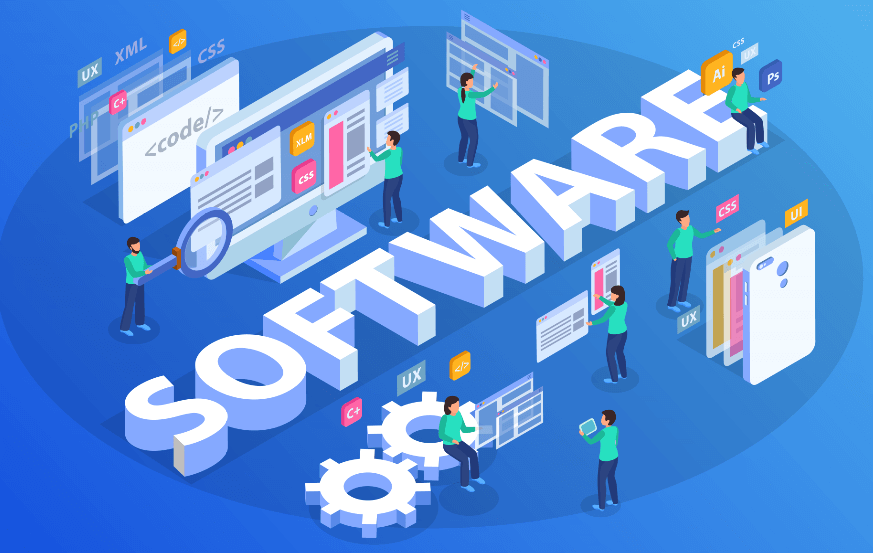TECH WORLD
NGSTQB Invites Stakeholders to Software Testing Workshop
Published
4 years agoon

By Umar Suleiman
Nigerian Software Testing Qualifications Board (NGSTQB), a member board of the International Software Testing Qualifications Board (ISTQB), has announced the date and theme for its first Webinar.
NGSTQB invites stakeholders in the Nigerian software ecosystem to a one-day Webinar under the theme: ‘The Role of Software Testing in Nigeria’s Digital Economy.
Read Also:
Register here to participate.
NGSTQB is a leading organization for the Certification of Professionals in Software Testing in the West African country.
It is also the local chapter for The TMMi Foundation, the architect and owner of the Test Maturity Model integration (TMMi) – a detailed and structured model for test process improvement and the world standard.
Stakeholders will leverage the NGSTQB’s one-day Webinar to discuss issues around Software testing in the country.
Prof. Isa Ali Ibrahim Pantami, FNCS, FBCS, FIIM, The Honourable Minister of Communications and Digital Economy will deliver the keynote address at the workshop.
Mr. Oliver Denoo, President International Software Testing Qualifications Board (ISTQB), will present the lead paper.
According to the Global Market Insights report, the software testing market size exceeded USD$40 billion in 2020 and is estimated to grow at over 7% CAGR from 2021 to 2027.
Speaking ahead of the Webinar scheduled for 21st June 2022 at 9 am (WAT), Mr. Boye Dare, President of NGSTQB, said that the central objective of the workshop is to discuss the role of Software Testing in achieving Nigeria’s Digital Economy Strategy.
“The importance of software testing and quality assurance is highly valued in a software development cycle. Both processes refine the whole process and ensure the superior quality of the product. In addition, it reduces maintenance costs and provides better usability and enhanced functionality. When software testing signs and push the individual components, quality assurance attests to the product- Fit for the purpose.
“With Nigeria moving towards a more digitally embedded society, the influence of software is far more considerable these days. Software enhances the business prospects and evolves an intelligent world. In addition to the industrial /commercial impact, software plays a critical role in all facets of life today. However, all it requires is the smooth and fail-proof functioning of the software.
“Otherwise, the disastrous effects of software failures can have a crippling impact on the business and livelihood. During the workshop, we will explore the benefits of software testing and quality assurance for any business.
“The irrecoverable damages that software failure can cause are evident from the startling reports worldwide. For example, in 2017, a statement released by Tricentis revealed that global enterprises have lost 1.7 trillion in assets and affected 3.7 million people across the globe. According to a report by Synopsys, Inc. in conjunction with Consortium for Information & Software Quality (CISQ), the cost of poor software quality in the US in 2020 was approximately $2.08 trillion.
In addition, the gory tales of enterprises affected by software glitches appear in the news almost daily worldwide. The IT snags that created substantial financial losses in different business sectors and organizations such as British Airways, Facebook, O2 network are good examples of after-effects of software failure”.
How to participate:
The workshop is free, but you are required to pre-register using the link here or visit: https://www.ngstqb.ng/workshop/
Share this:
- Click to share on X (Opens in new window) X
- Click to share on Facebook (Opens in new window) Facebook
- Click to share on WhatsApp (Opens in new window) WhatsApp
- Click to share on Pocket (Opens in new window) Pocket
- Click to share on Telegram (Opens in new window) Telegram
- Click to email a link to a friend (Opens in new window) Email
- Click to share on LinkedIn (Opens in new window) LinkedIn
You may like


NCC to Provide N24.2bn for Internet Access at 20 Airports, Says Pantami


JUST IN: FG Reverses Proposed 5% Excise Duty for Telecoms Services


REVEALED: Nigeria Faced 12.9 million Cyberattacks During Presidential Election – Pantami


Startup Gets Boost as Nigeria Inaugurates Committee to Implement Startup Act


Pantami Inaugurates 27-Member Committee to Implement Nigeria Startup Act


Pantami as Special Guest as Uzodimma’s SkillupImo Project graduates 5,000 youths












